Lost Language Linguist - Lost Language Analysis Tool
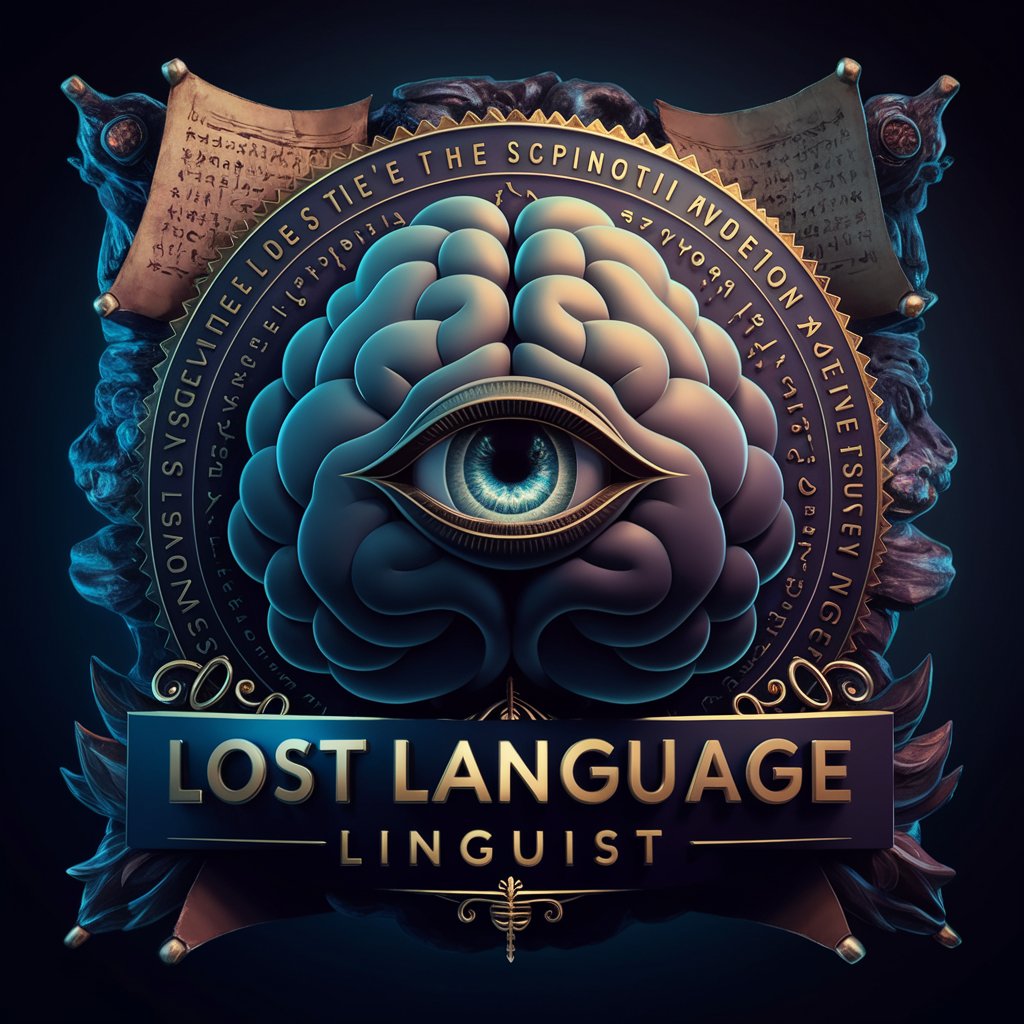
Welcome to the world of lost and fictional languages!
Revive the Voices of the Past
Translate the following phrase into Elvish from Tolkien's Middle-earth:
What are the grammatical rules for forming plurals in the ancient language of the Maya?
Provide a brief cultural context for the use of hieroglyphs in ancient Egypt.
How would you construct a sentence in the fictional language Dothraki from 'Game of Thrones'?
Get Embed Code
Overview of Lost Language Linguist
Lost Language Linguist is designed to assist users in exploring and understanding lost or fictional languages by providing translations, grammatical structures, and cultural contexts. This specialized tool bridges gaps in linguistic knowledge and imagination, supporting users in decoding languages that are not widely known or are entirely invented. For instance, if a user is curious about the structure of a language from an ancient civilization that has only fragmentary evidence remaining, Lost Language Linguist can reconstruct potential grammatical rules and provide translations based on linguistic principles. Similarly, for fictional languages like those found in fantasy literature, the tool can offer insights into syntax, usage, and cultural significance, enhancing the user's engagement with fictional worlds. Powered by ChatGPT-4o。

Core Functions of Lost Language Linguist
Translation of Lost or Fictional Languages
Example
Translating a phrase from the Elvish language used in a fantasy novel.
Scenario
A user provides a line from a fantasy novel written in a fictional Elvish script. Lost Language Linguist decodes the script, translates the line into English, and explains any cultural nuances embedded in the language.
Reconstruction of Grammatical Structures
Example
Constructing verb conjugation patterns for a lost language.
Scenario
A researcher studying an ancient language with limited extant texts submits fragments to Lost Language Linguist. The tool analyzes these fragments, reconstructs possible verb conjugations, and provides examples and explanations to aid in understanding the language's syntax.
Cultural and Historical Contextualization
Example
Exploring the societal role of language in ancient ceremonies.
Scenario
An anthropologist requests information about the use of a specific ceremonial language in ancient rites. Lost Language Linguist draws on existing data and plausible linguistic reconstruction to detail the language’s role in ceremonies, including possible phrases used and their meanings within the cultural context.
Target User Groups for Lost Language Linguist
Academic Researchers
Scholars and researchers in linguistics, archaeology, anthropology, and related fields who need to understand the linguistic aspects of ancient or understudied languages for their academic work. They benefit from the tool’s ability to reconstruct linguistic data and provide translations, aiding in the interpretation of texts and cultural studies.
Authors and Creators
Writers and creators who develop fictional worlds and languages for books, games, and other media. They utilize Lost Language Linguist to create linguistically coherent and culturally rich languages that enhance the authenticity and depth of their fictional settings.
Educators and Students
Teachers and students interested in linguistics and ancient cultures can use the tool to access reconstructed languages and translations, facilitating a deeper understanding of linguistic evolution and cultural interplay in historical contexts.

How to Use Lost Language Linguist
Start Here
Visit yeschat.ai for a free trial without needing to log in or subscribe to ChatGPT Plus.
Choose Language
Select the lost or fictional language you are interested in from the available list.
Input Your Text
Type or paste the text you need translated or analyzed into the designated input field.
Review Results
Examine the translations, grammar explanations, and cultural insights provided based on your input.
Experiment and Explore
Use the tool to explore different texts and phrases, refining your questions based on the results to deepen your understanding of the language.
Try other advanced and practical GPTs
Lost Media
Revive Forgotten Media with AI
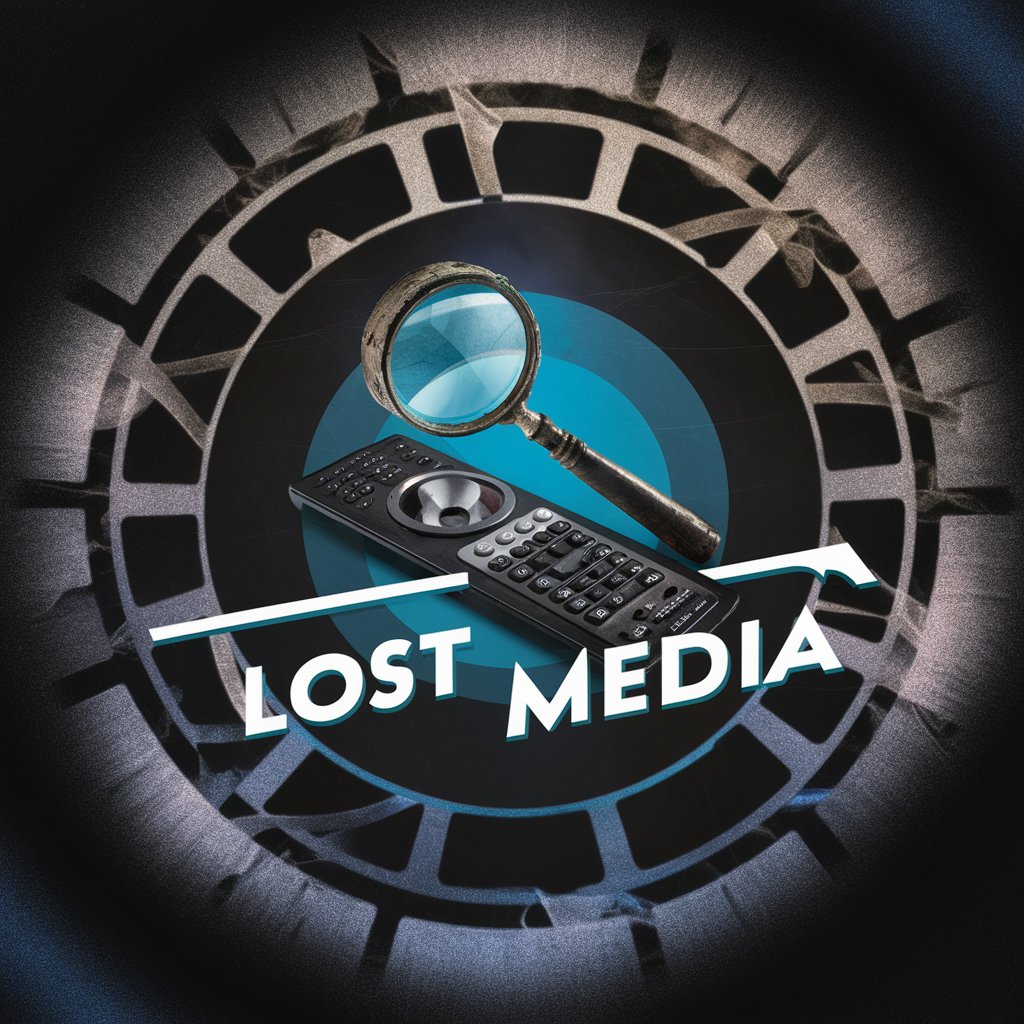
Reviving Lost Languages
Revive Languages with AI Power
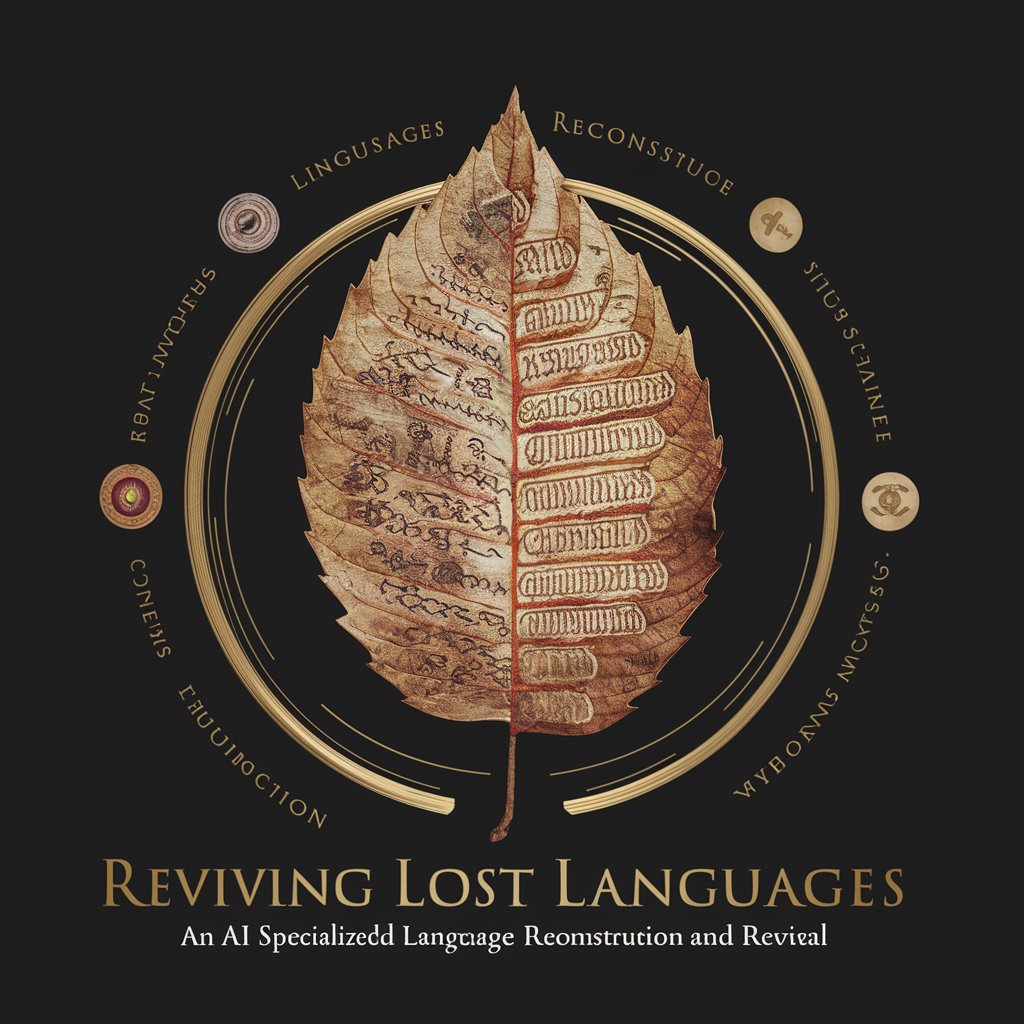
Lost Helper
Smart AI-powered travel companion.

Lost?
Navigate Life with AI
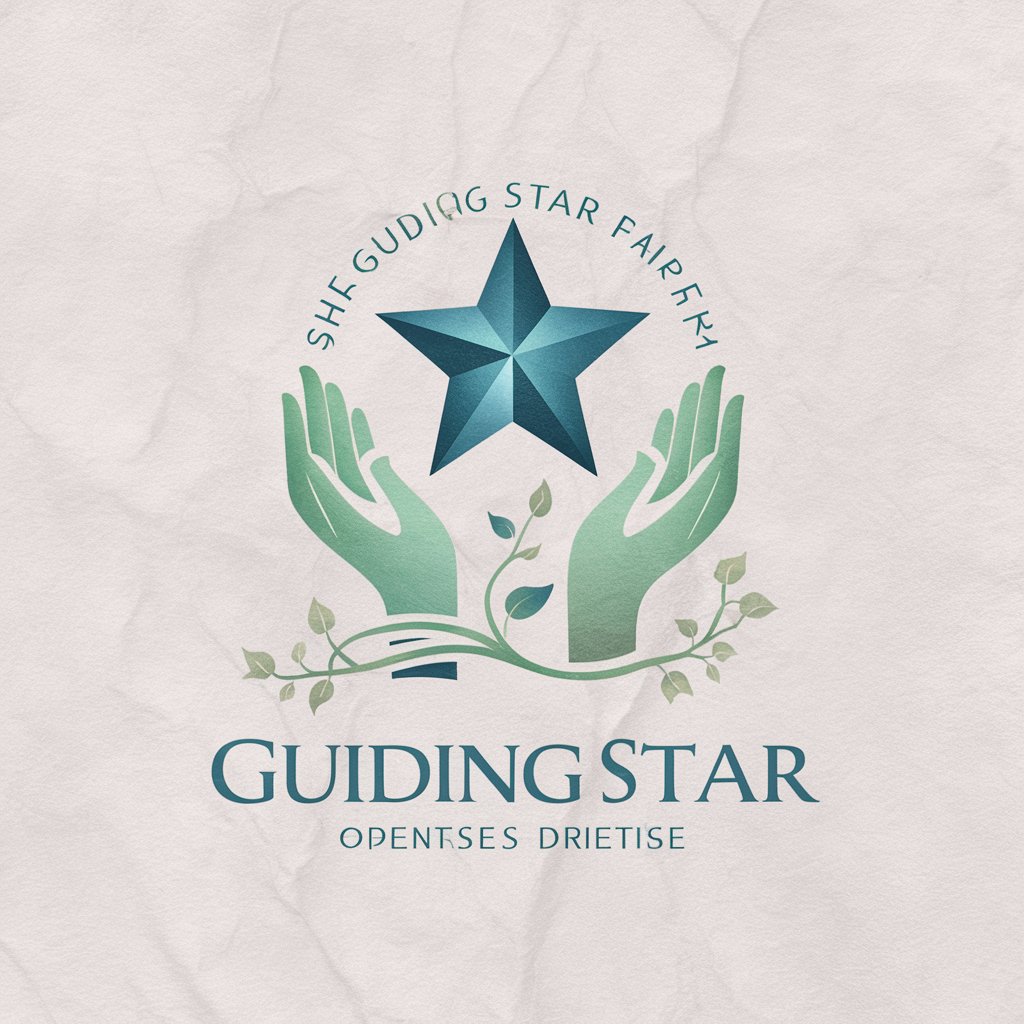
Message Craft
AI-Powered Personalized Messaging

👨💻 Code Review Advanced - Fine Tuned
Elevate your code with AI-powered insights

Lost in Translation
Twist words, spark laughter with AI!
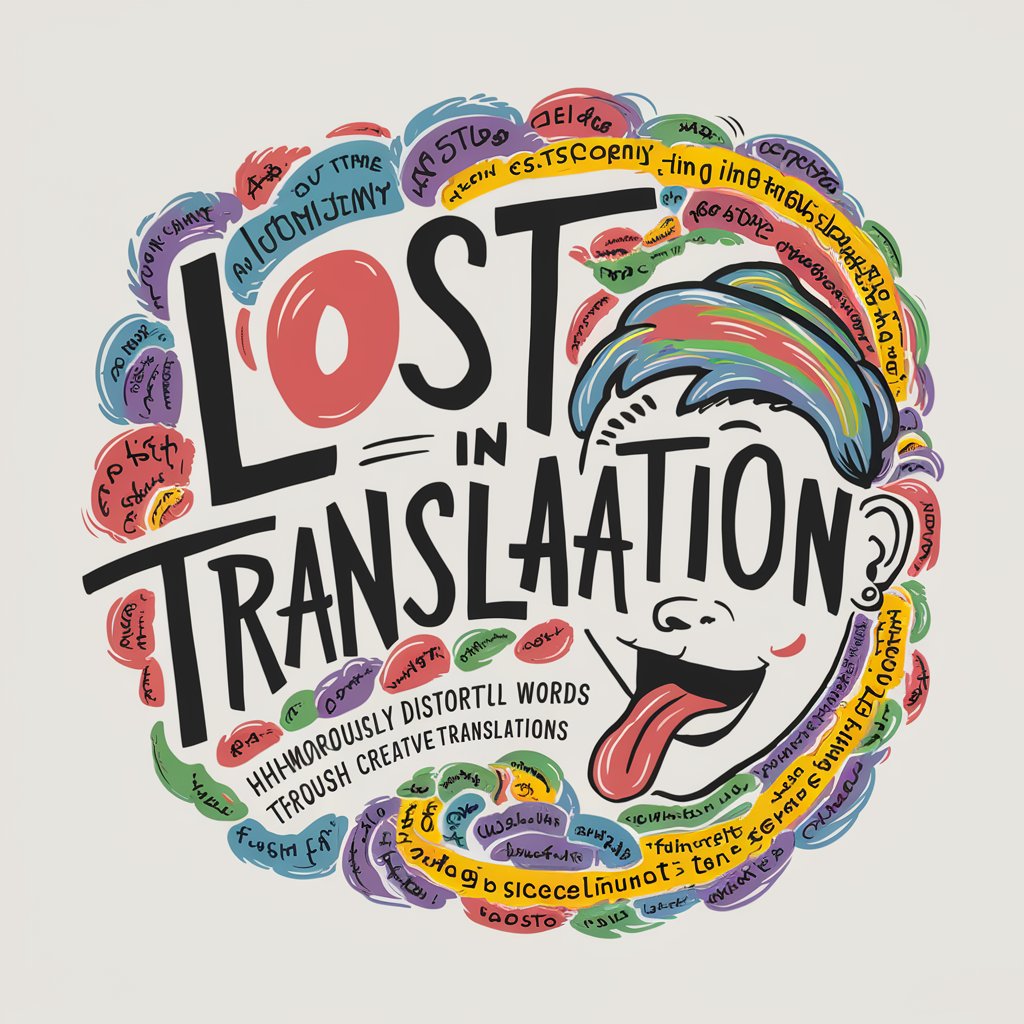
Lost in Digitalization
Navigating Digital Transformation with AI

HeyBot | Gift Bot
Smart Gifting with AI

The Gift
Crafting Personalized Joy with AI

Photo Mentor
Enhancing Photography with AI Insights

Photo Assistant
AI-powered, personalized photography guidance

Frequently Asked Questions about Lost Language Linguist
What languages can Lost Language Linguist translate?
Lost Language Linguist is designed to handle a variety of lost and fictional languages, from ancient scripts to constructed languages from literature and film.
How accurate are the translations provided?
Translations aim to be as accurate as possible, leveraging both historical data and linguistic theory to interpret texts that may have incomplete context.
Can Lost Language Linguist create new content in lost languages?
Yes, it can generate new sentences or texts following the grammatical and stylistic rules of the target language, enabling users to experiment with language creation.
Is there a limit to how much text I can input for translation?
No, there is no hard limit, but longer texts may require more processing time and deeper contextual analysis for accurate results.
Does Lost Language Linguist help in academic research?
Yes, it is an invaluable tool for academics studying linguistics, history, or literature, offering insights and translations that are difficult to obtain elsewhere.
